When I became serious about cooking, nearly every cookbook and guide I picked up emphasized the importance of using fresh stock, whether it was chicken, beef, or vegetable. When I didn't have time to make my own, I bought the highest quality boxed or canned stock I could find at the market.
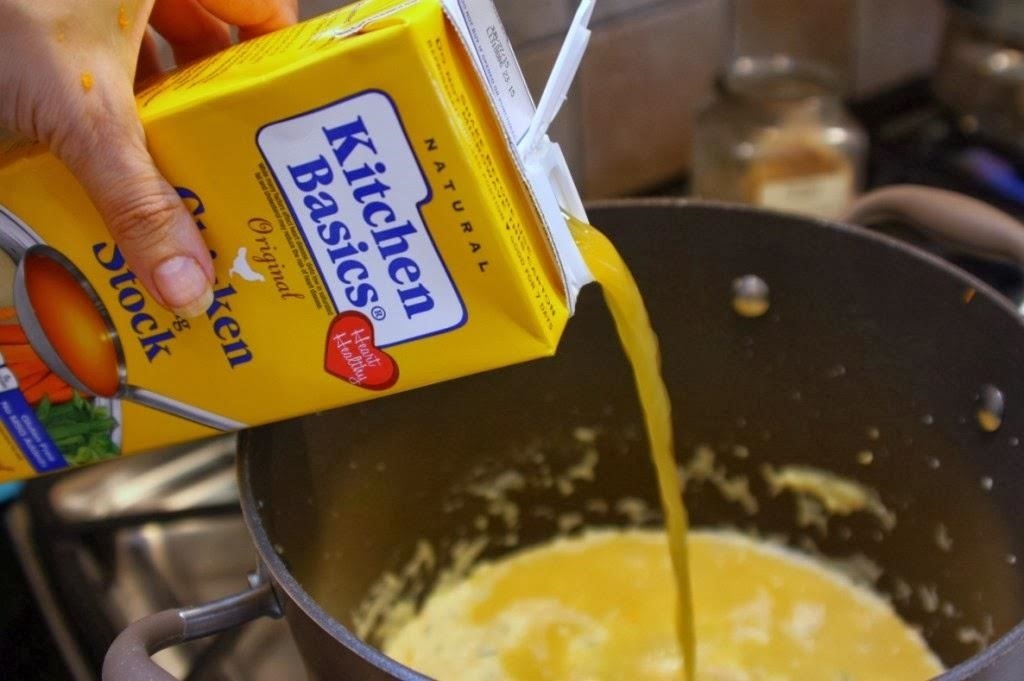
Turns out I should've skipped the store-bought stuff and just used filtered water instead. Why? According to cookbook author Michael Ruhlman, when you use canned or pre-made stock, you are actually hurting the taste of your food with high levels of sodium and unnecessary additives.

Plus, most pre-made stocks taste artificial and lack the robust full taste of a freshly made stock. It's basically a bunch of weird-sounding chemical components versus real meat, bones, and an assortment of root vegetables. Which sounds better?

Fresh stock makes sense to me. It's the foundation for flavor in the dish you're cooking, whether it's soup, sautéed vegetables, or deglazing the pan you've used to roast a chicken. If I'm out of homemade stock, water would enhance the taste of my ingredients more than something from Knorr.

Food writer Mark Bittman agrees and points out that most of the world makes soups and stews using water as a base, not stock. He argues that starting off with a stock is commonplace in the world of fine dining, but need not be a prerequisite for the at-home cook.

While there aren't many hard-and-fast rules about when to use stock and when to use water in a recipe, I'd say you're better off using water when you have a lot of fresh ingredients that can really stand up on their own. You don't want to mess up the taste of fresh herbs, vegetables, and good-quality meat with tinny canned stock.
But if you're cooking a dish that needs a really strong and flavorful base (like risotto) and don't want to use just water, you have other good options, like using aromatic veggies, soy sauce, and lots of robust seasonings.

For people who can't quite skip the stock, even if it's store-bought, Bon Appétit has some suggestions for the best premade alternatives available. And if you want some ideas to punch up your go-to recipe for chicken stock, review these offerings from Food and Wine.
When do you use water instead of stock?
Just updated your iPhone? You'll find new emoji, enhanced security, podcast transcripts, Apple Cash virtual numbers, and other useful features. There are even new additions hidden within Safari. Find out what's new and changed on your iPhone with the iOS 17.4 update.
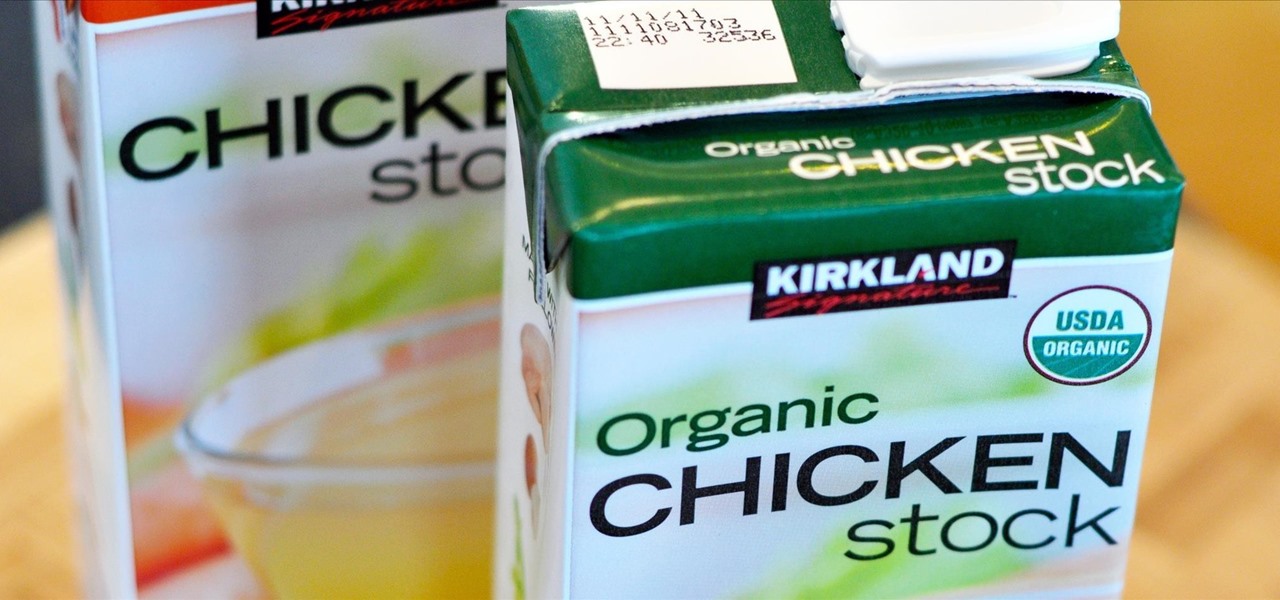



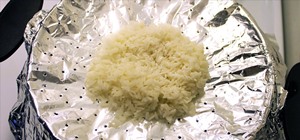










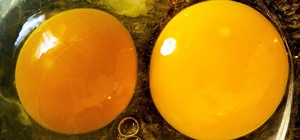





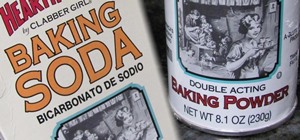

2 Comments
Whenever I cook a whole chicken (in my crock-pot, naturally) I always save the resulting liquid for stock. I do, however, have to remember the herbs and spices I used each time so that I know what it will go well with.
That's my favorite way to cook: when you get multiple uses out of one dish.
Share Your Thoughts